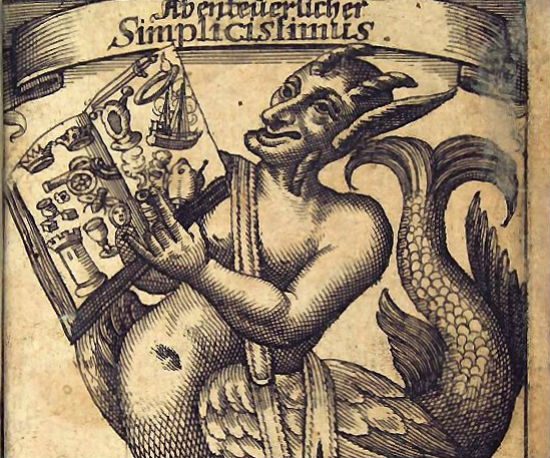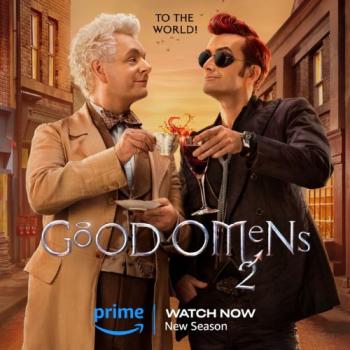• Hurricane Maria killed 64 Americans in Puerto Rico. The belated, inadequate, incompetent, indifferent, and corrupt response of the Trump Administration killed more than 4,000 more:
At least 4,645 people died as a result of Hurricane Maria and its devastation across Puerto Rico last year, according to a new Harvard study released Tuesday, an estimate that far exceeds the official government death toll, which stands at 64.
The study, published in the New England Journal of Medicine, found that health-care disruption for the elderly and the loss of basic utility services for the chronically ill had significant impacts across the U.S. territory, which was thrown into chaos after the September hurricane wiped out the electrical grid and had widespread impacts on infrastructure. Some communities were entirely cut off for weeks amid road closures and communications failures.
81 percent.
• Here’s a fun and fascinating look at “Roger Godberd of Swannington,” whose life is quite possibly one of those that influenced the ballads and legends of Robin Hood.
That doesn’t make him the “real” Robin Hood, of course. There probably was no real Robin Hood — not in Sherwood Forest, anyway. We had a real one here in America named Harriet Tubman. She stole from the rich and gave to the poor with dazzling courage and panache, and Hollywood still owes us at least a dozen or two movies about her.
• We Americans pay way more for medical drugs than people in other countries do. President Trump has a plan to change that … by forcing people in other countries to pay way more for drugs too, thereby closing the gap.
• I’ve never read The Adventures of Simplicius Simplicissimus. I’d never even heard of if before Phil Jenkins started blogging about it over at The Anxious Bench. It’s an early novel, a mordantly comic German picaresque published in 1668 by Johann von Grimmelshausen. Jenkins describes it as “a kind of cross between Pilgrim’s Progress and Don Quijote, with a dash of Baron Munchausen.” So now I don’t just want to track down a copy of the Penguin Classics translation, I’m also hoping for an HBO series.

The novel is set during the Thirty Years War, which is what prompted Jenkins to write about it now. “Forgetting the Thirty Years War,” Jenkins argues, also means forgetting the grim lessons we ought to have learned from it. (Such as, for example, the lethal consequences of any form of Christian nationalism, the necessity of the separation of church and state, etc.)
The second part of Jenkins’ travel through this travelogue of the past is here: “Wars of Faith.” I’m looking forward to reading the rest of this series.
• I’m almost charmed by the old-timey 1980’s aspect of this:
“Pornography,” she said.
“It’s available on the shelf when you walk in the grocery store. Yeah, you have to reach up to get it, but there’s pornography there,” she continued. “All of this is available without parental guidance. I think that is a big part of the root cause.”
That’s Rep. Diane Black, Republican of Tennessee, explaining her ideas about the causes of, and solutions to, school shootings. Black, who’s running for governor, is 67 years old — which still seems too young to be reaching all the way back to Jerry Falwell Sr.’s greatest hits, railing against the sale of Playboy at 7-Eleven. This is vintage culture-warring — analog, pre-digital, pre-Internet stuff. Rep. Black might as well be complaining about the hip-shaking of Elvis. Aron. Presley.
It’s also, of course, pre-Trump culture-warring, which gives it an air of almost innocent cluelessness. Black is, after all, running as a Trumpist — modeling much of her rhetoric after the leader of her party, a failed casino magnate who has owned strip-clubs, appeared in Playboy videos, and notoriously cheated on his Playboy-model mistress with an adult-film star.
One of those affairs was covered up by Trump’s second-favorite Pecker — his good friend David Pecker, who runs the trash-media conglomerate that publishes the bundle of lies and false witness called the National Enquirer. That rag is also “available on the shelf when you walk in the grocery store.” And you don’t have to reach far to get it — it’s right there at the checkout, blaring its bogus headlines about the latest sordid celebrity gossip.
This was always a weird aspect of Falwell’s old Playboy-at-7-Eleven shtick. The idea was that good pious Christians shouldn’t be confronted with such lewd temptations when they’re simply going about their godly business of buying their daily scratch-off tickets and copies of the Enquirer and the Globe and others of that ilk. Thirty years after the Meese Commission it seems clear that the Enquirer was always a far bigger and more damaging threat to decent society than Playboy ever could be.















